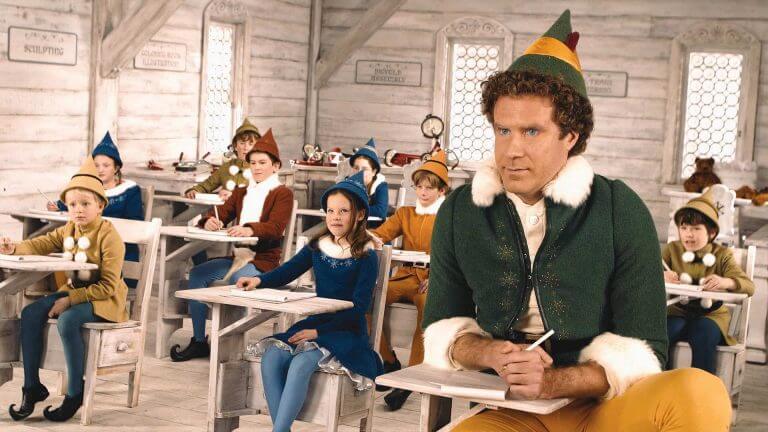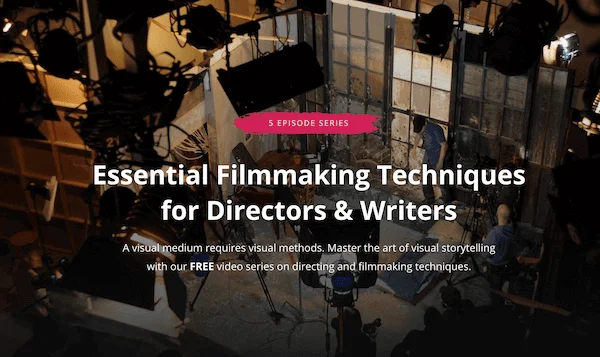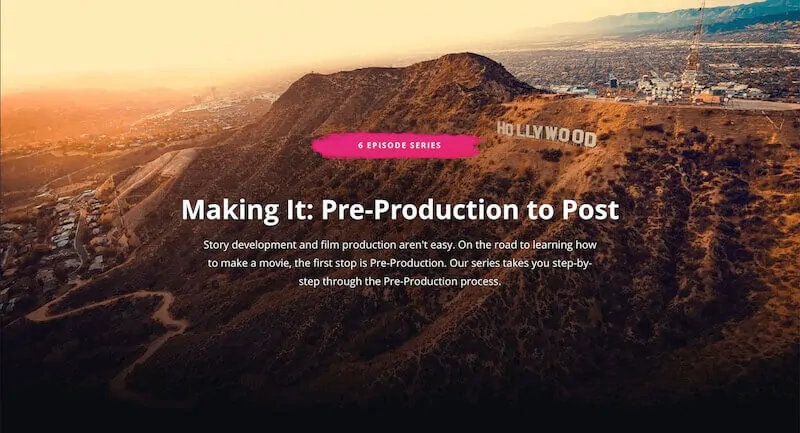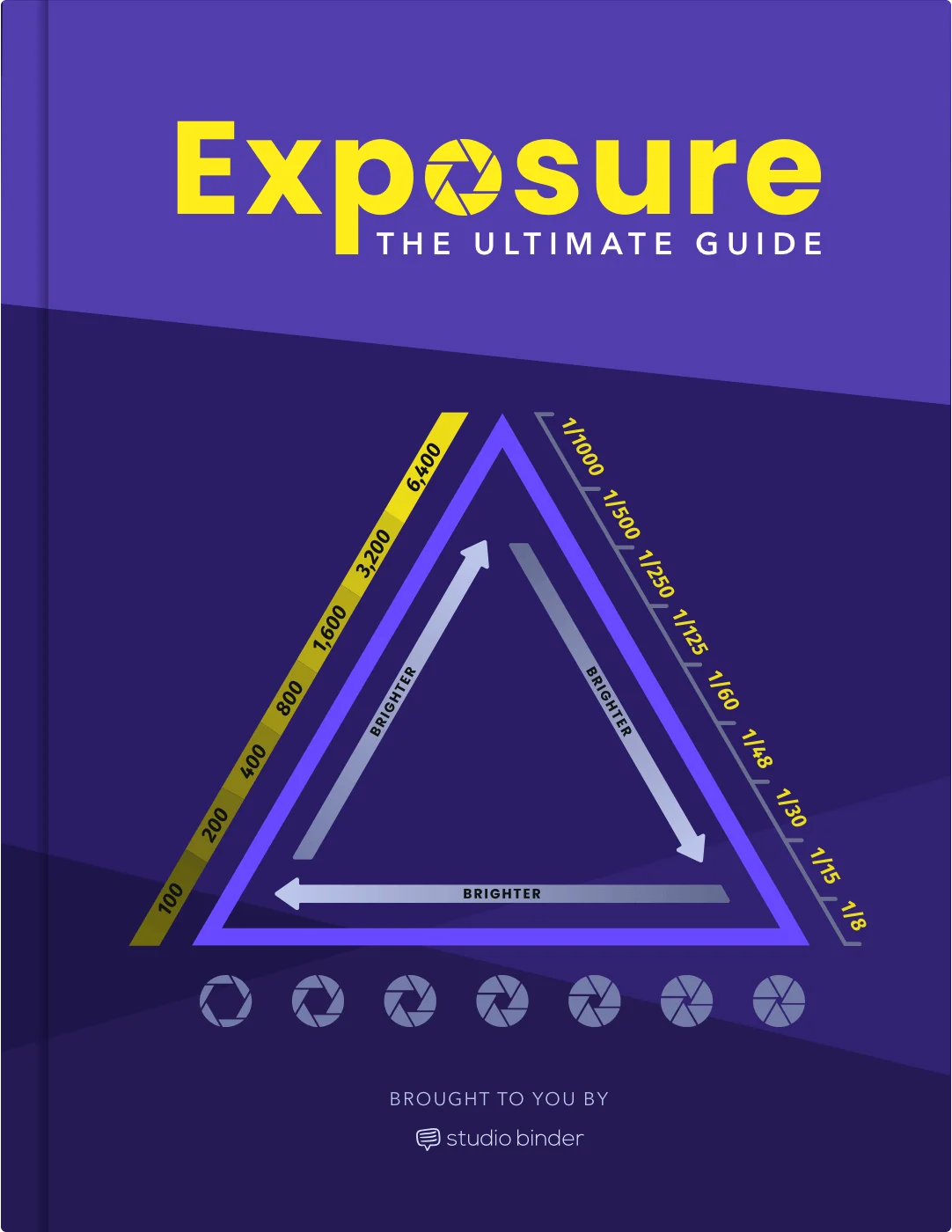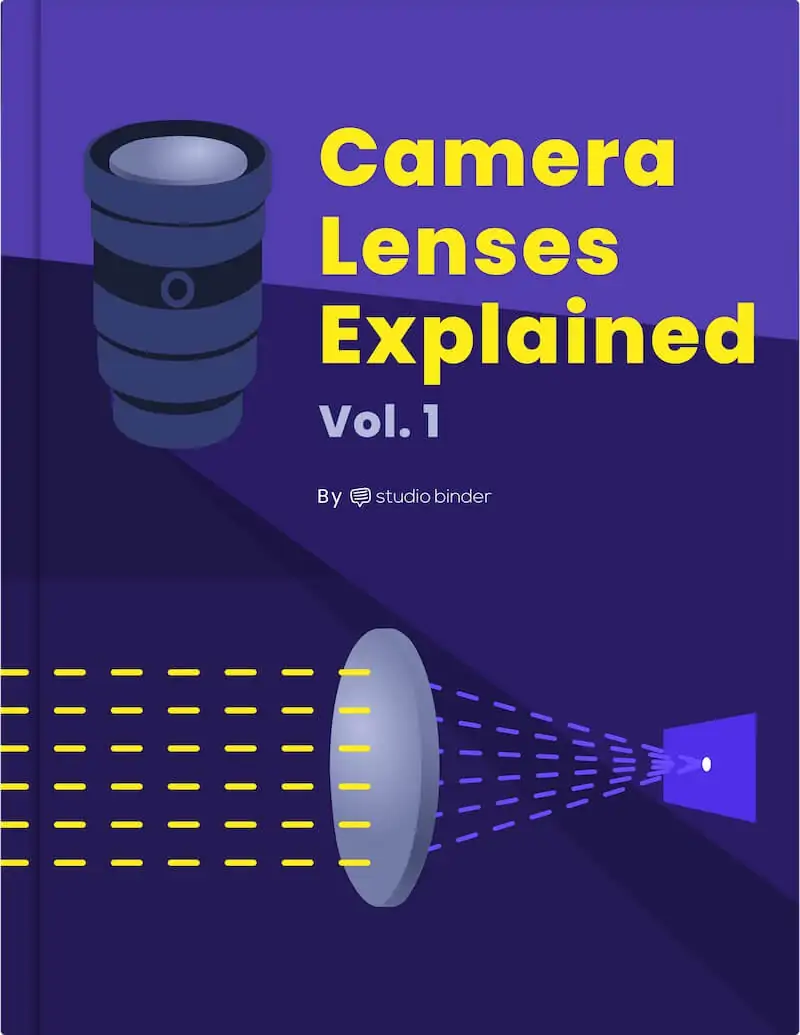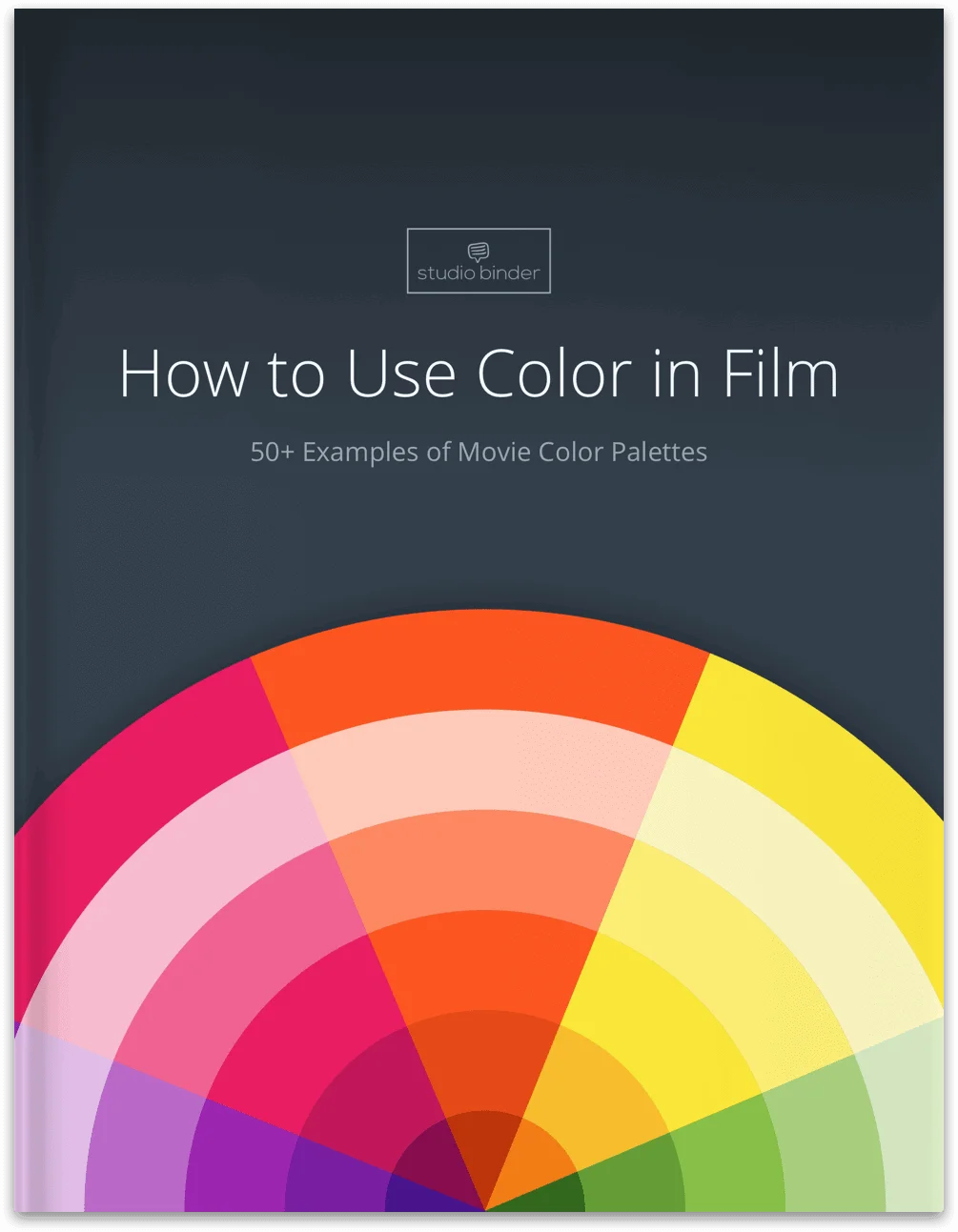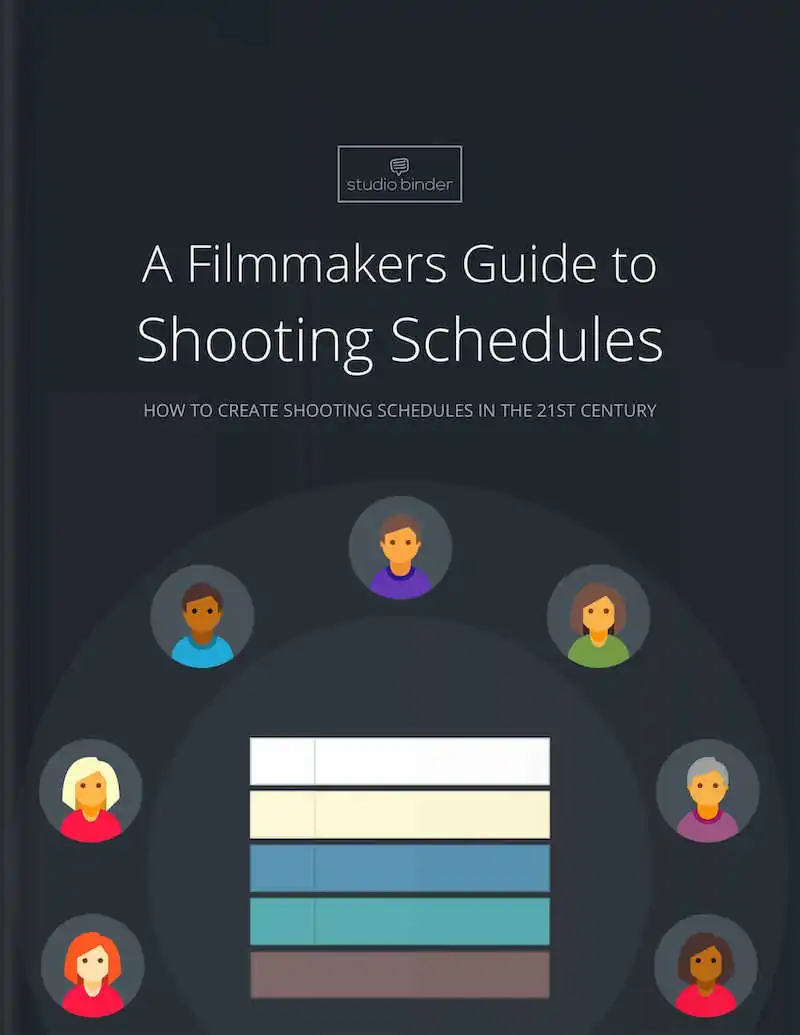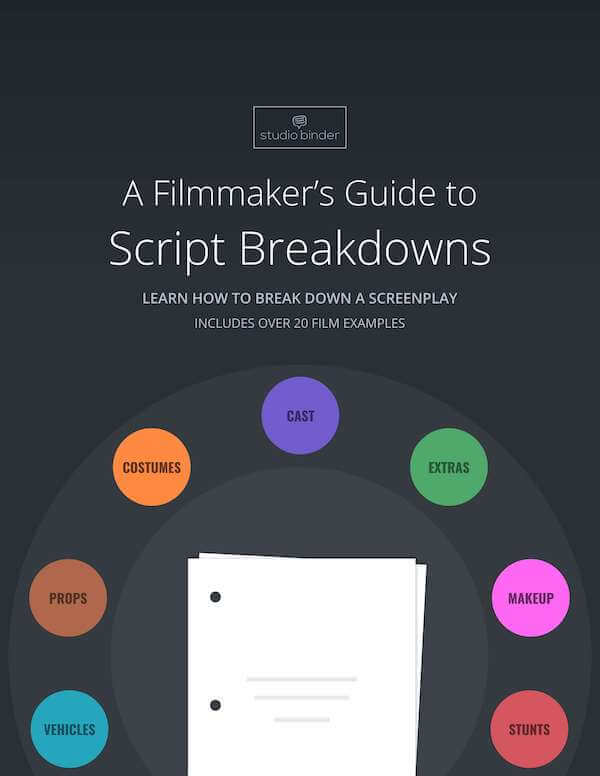It is not uncommon for writers to find inspiration from their dreams. Dreams are a canvas of the subconscious that humans have innately interpreted throughout history. This allure to deciphering dreams has made them an incredible storytelling mechanism. Many screenwriters utilize dream sequences for their strong imagery and effective storytelling abilities. In this article, we’ll analyze… Continue reading How to Write Dream Sequences in Film — Format & Story Tips
You’re looking for a movie and TV genre list, maybe for inspiration, but every list you find has categories that are either too broad or so hyper-specific that it becomes overwhelming. We’ve created the perfect movie and TV genre list that will explain the various categories of film and television with their specific subgenres, and we’ll… Continue reading Ultimate Guide to Movie Genres — 90+ Genre Examples for Film & TV
⌂ Types OF IronyVerbal IronySituational IronyDramatic Irony Structural irony is born when the characters are completely unaware of the situation they are in. Often, this is due to their lack of intelligence or ignorance. Either way, this subtype of situational irony is a foolproof recipe for comedy but it also works in drama as well.… Continue reading What is Structural Irony? Definition and Examples for Screenwriters
Being a comedy writer isn’t easy. Even if you’re a director, knowing what’s funny and what’s not, isn’t always easy. Comedy is mostly subjective, but if you’re trying to write, direct, or even act in a comedy, there are some techniques that might help. So what is comedy? We’ll give our comedy definition, examples of… Continue reading What is Comedy? Defining it Through Technique and Subjectivity
If you’re a filmmaker of any kind, you need to know the rules of cinema and video production. Understanding these rules give you control over your images. One of the most important rules to know is the 180 degree rule.Continue reading What is the 180 Degree Rule in Film? Crossing the Line with Purpose


